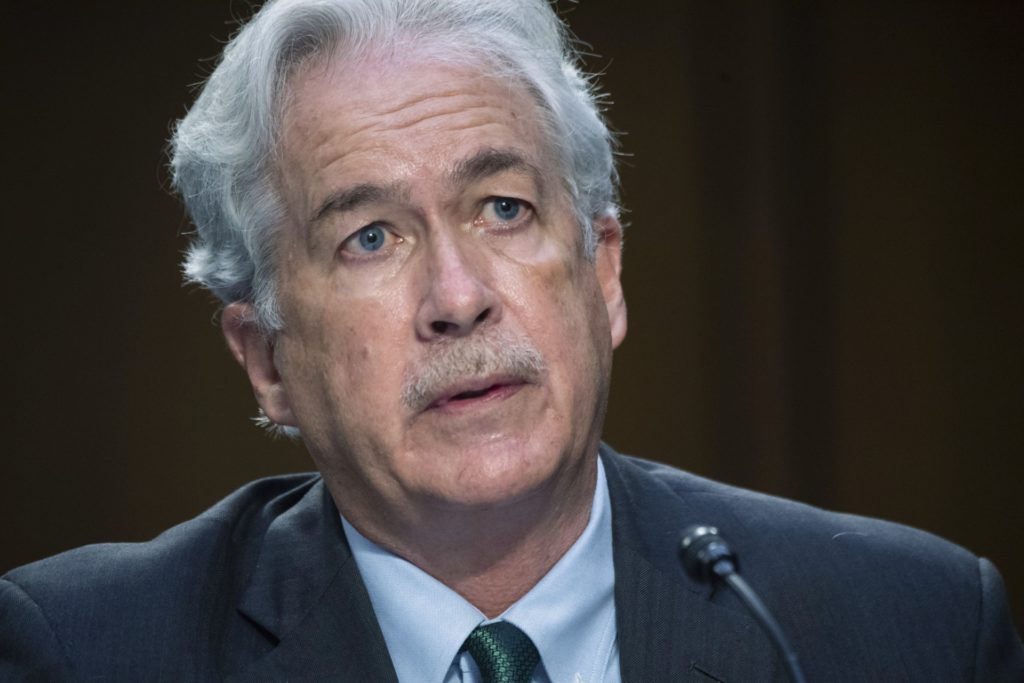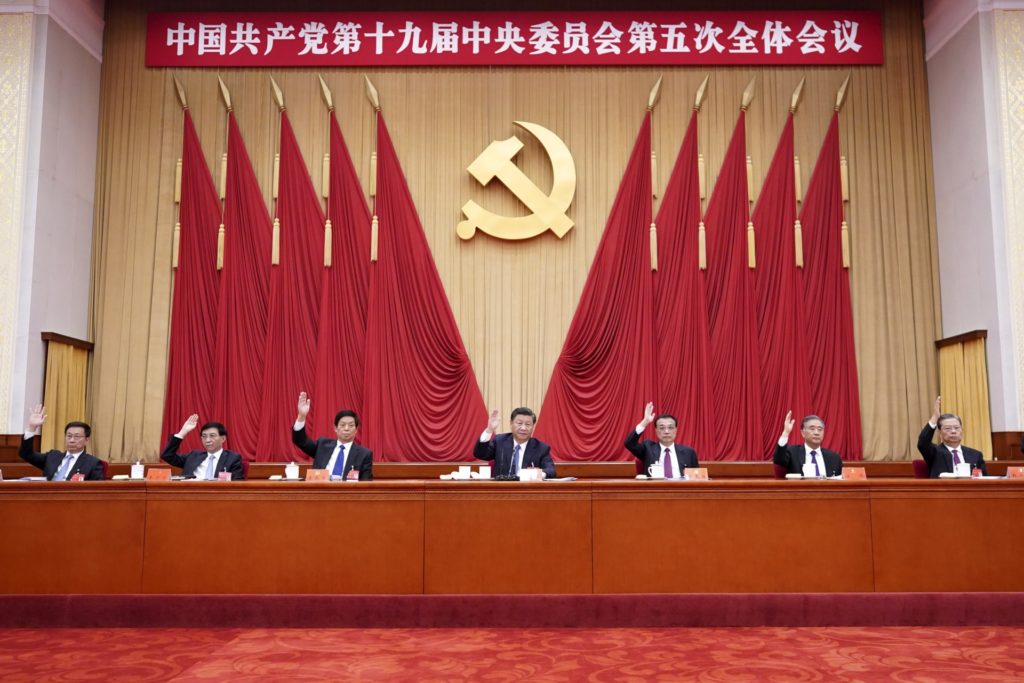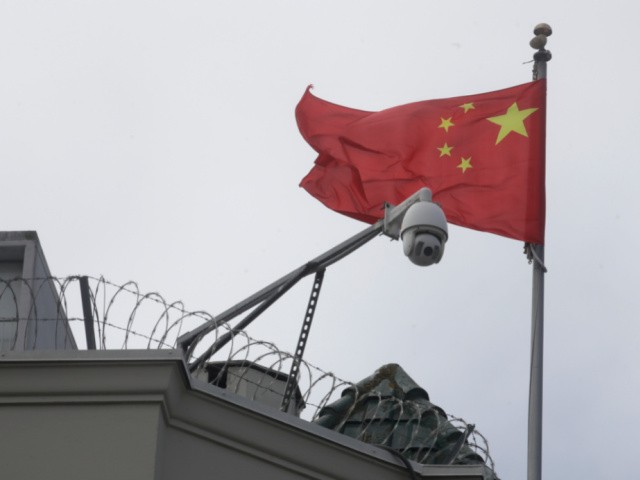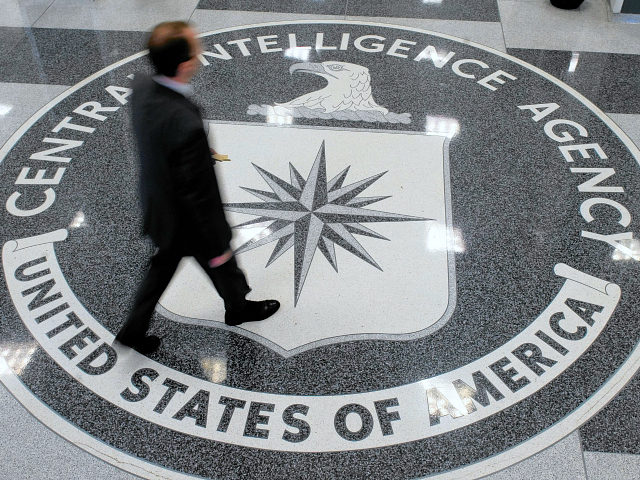The CIA announced on Thursday the creation of a new China Mission Center to better strengthen the agency’s resolve against what it deemed to be the “most important geopolitical threat” to the United States.
In a statement, CIA Director William Burns said the new China Mission Center will “will further strengthen our collective work on the most important geopolitical threat we face in the 21st century, an increasingly adversarial Chinese government.”
Another CIA senior official told CNN that the center will focus on issues “critical to US global competitiveness,” such as “global health, economic security, climate change and technology.”

In this April 14, 2021 file photo, CIA Director William Burns testifies during a Senate Select Committee on Intelligence hearing about worldwide threats, on Capitol Hill in Washington. (Saul Loeb/Pool via AP)
The CIA also announced a Transnational and Technology Mission Center, which will work with the China Mission Center on issues of counterterrorism and counterintelligence, said CIA China analyst Rodney Faraon.
“The idea is that the closer they work together, with more communication and collaboration, the better the outcomes for collection and intelligence production. Better targeting of assets, better insight into human sourcing,” said Faraon.
Other high-priority mission centers for countries like Iran and North Korea will also be folded into a single mission center, which only amplifies how large of a global competitor China has become.
“The Iran and Korea mission centers will be folded into the Near East Mission Center and the East Asia and Pacific center, respectively,” noted CNN. “The Korea Mission Center had been created in 2017 to respond to the nuclear and missile threats from North Korea.”
Faraon said the converging of several mission centers should not be taken to mean that countries like Iran and North Korea have no importance.

In this photo released by Xinhua News Agency, Chinese President Xi Jinping, also general secretary of the Communist Party of China (CPC) Central Committee, leads other Chinese leaders attending the fifth plenary session of the 19th Central Committee of the Communist Party of China (CPC) in Beijing, China on Oct. 29, 2020. (Wang Ye/Xinhua via AP)
“Folding in the other missions into bigger centers is probably a function of resourcing and bureaucratic convenience. It doesn’t mean that the issues are less important,” he said. “But elevating China and [Technology] does indicate increased importance. It also better aligns CIA functions with counterparts at [the Departments of] State and Defense.”
According to the Wall Street Journal, the mission center will “bring together case officers who recruit spies, intelligence analysts, technology experts and other specialists in a single unit.”
“The spy agency will also recruit and train more Mandarin speakers and deploy China specialists around the world, reflecting the global nature of U.S.-China competition,” added the WSJ.
In December of 2020, the Office of the Director of National Intelligence John Radcliffe said that U.S. spy agencies had increased spending on China-related issues by 20 percent.

The flag of China flies behind a security camera over the Chinese Consulate in San Francisco, July 23, 2020. (AP Photo/Jeff Chiu)
“This generation will be judged by its response to China’s effort to reshape the world in its own image and replace America as the dominant superpower. The intelligence is clear. Our response must be as well,” Ratcliffe wrote in an op-ed at the time.

COMMENTS
Please let us know if you're having issues with commenting.